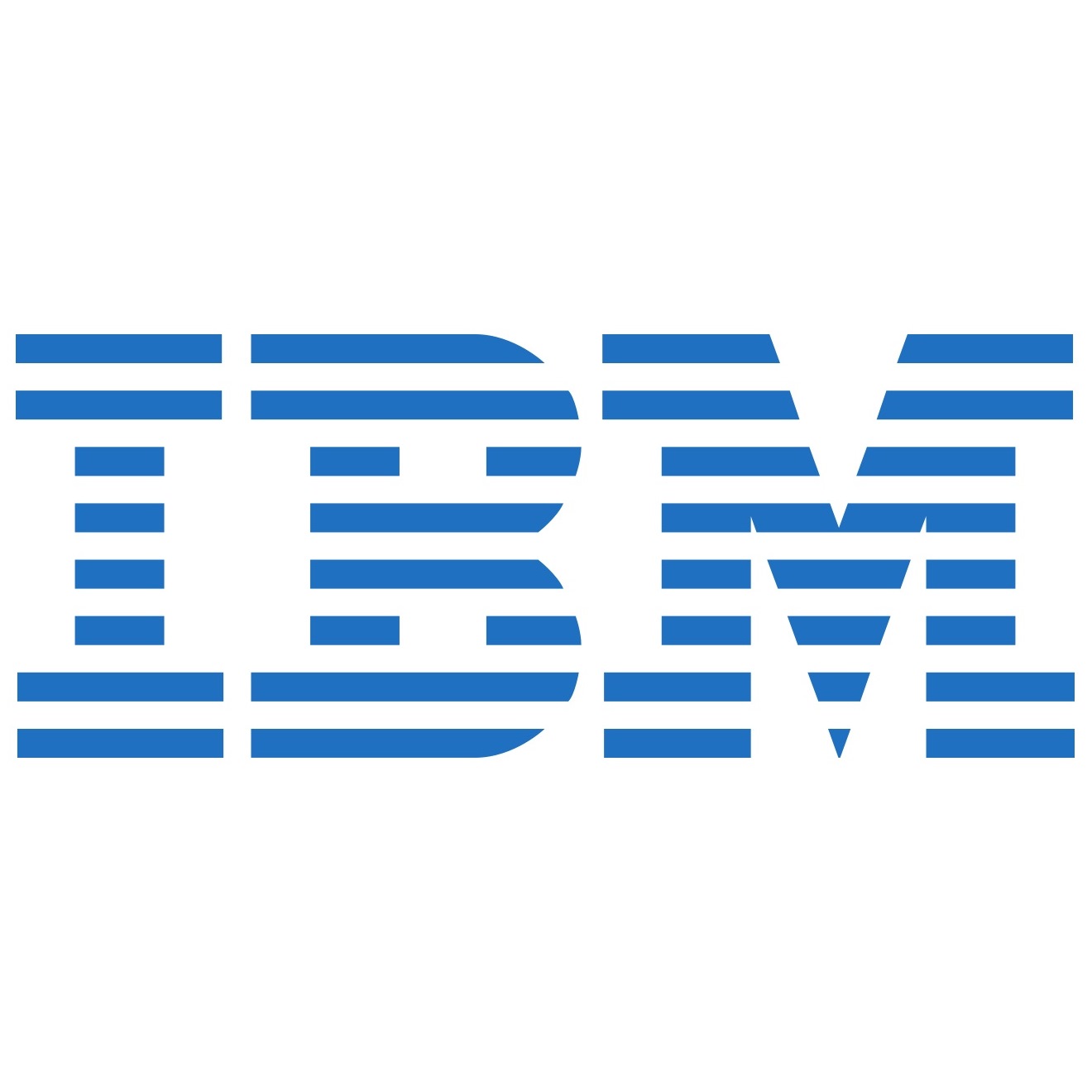Technology
What Made IBM's Earnings Beat Look So Bad, and What's Confusing Analysts and Investors Alike

Published:
Last Updated:

International Business Machines Corp. (NYSE: IBM) is a company that just can’t get it right when it comes to earnings. Despite its ongoing effort to branch out with strategic imperatives, IBM’s core business of IT services continues to weigh on the company’s image. IBM might have been fine if the company could only get investors to focus on revenues and earnings, but there is a lot more to the story about why IBM is having its worst day in a few years.
The Dow Jones industrial average component reported earnings per share (EPS) of $2.45 with $19.1 billion in revenue, actually beating the consensus estimates of $2.41 per share on $18.82 billion in revenue. And IBM’s had another quarter of growth from a year earlier, with results in the first quarter of 2017 seen at $2.35 in EPS on $18.16 billion in revenue. Unfortunately, IBM’s problems persistently go beyond the mere earnings at this time.
Looking ahead to the 2018 full year, the company expects to see EPS of at least $13.80, with free cash flow of roughly $12 billion. The consensus estimates call for $13.84 in EPS on $80.26 billion in revenue for the year.
And IBM’s segmented revenues showed a continued erosion in the core Global Business Services after adjusting for currency, with $4.2 billion in revenue being up 4% nominally but down 1% if currency adjusted.
Strategic imperatives revenue grew 12% led by the cloud consulting practice, with double-digit revenue growth in analytics and mobile, as follows (with currency adjustment):
One problem IBM faces is profit margin pressure that was under expectations, with Wall Street analysts pointing to different margin metrics as a whole and within the core services. IBM’s cash and cash equivalents totaled $11.95 billion at the end of the first quarter, compared with $11.97 billion at the end of the previous fiscal year.
24/7 Wall St. has checked on analyst calls from the research community, and the commentary looks very mixed when it comes to IBM. The common theme is around margins and the legacy business. At some point that has to change.
Barclays has an Overweight rating on IBM, but it lowered its target to $188 from $192.
Berenberg has a Sell rating and a $125 target price. The firm is worried about margin compression continuing along with currency headwinds. And discrete tax benefits helped the company beat on the bottom line.
BMO Capital Markets has a Market Perform rating and a $175 target price. It still sees lots of work for the company to improve, and it partly credited the earnings beat on cost cuts of about $610 million.
CFRA (S&P) maintained its Buy rating and $175 target price. The firm believes that attention will gravitate toward gross margin and pretax margin, and if adjusting for the large charge taken to rebalance its workforce, then margins saw improvement from the prior year.
The firm Independent Research has a Hold rating but lowered its price target to $175 from $180.
JPMorgan reiterated its Neutral rating and still sees lots of room to go before seeing improved sustainable revenue growth and expanding margins.
Pivotal Research maintained its Buy rating and $180 price target.
Stifel was positive on IBM, reiterating its Buy rating with a $182 price target. The firm believes the company is being unfairly judged and penalized, even with restructuring efforts.
Wedbush Securities maintained its Neutral rating, but it has a $185 price target that offers enough upside it almost sounds more like a Buy rating. They called it a low-quality earnings beat, as legacy exposure continues to cannibalize revenue growth while compressing margins.
Merrill Lynch reiterated its Buy rating and has a $200 price objective. The firm believes that IBM’s restructuring charges masked an underlying improvement and that services can drive upside from cognitive revenue. Merrill Lynch’s investment rationale said:
We view IBM as a defensive investment given its high exposure to recurring sales, cost cutting levers, solid balance sheet, potential share gains, and relatively stable margins. We believe IBM will embark on further cost cutting, and enhance its services and software offerings through acquisitions. Longer term, we expect IBM to take share in IT spending with its Cloud and AI initiatives.
If investors only listened to Chair and CEO Ginni Rometty, they might think everything is fine:
In the first quarter we maintained momentum in our business, with reported revenue growth in total and across our major segments. These results reinforce that our clients value our innovative technologies, our industry expertise and our commitment and actions for the responsible stewardship of their privacy and data. This is also reflected in our leadership positions in enterprise cloud, AI and security.
IBM shares were last seen trading down 7.2%, down about $11.50, at $149.40 in late morning trading on Wednesday. The 52-week trading range is $139.13 to $171.13. The dividend yield is now 3.8%, and IBM still has a $137 billion market cap.
Thank you for reading! Have some feedback for us?
Contact the 24/7 Wall St. editorial team.